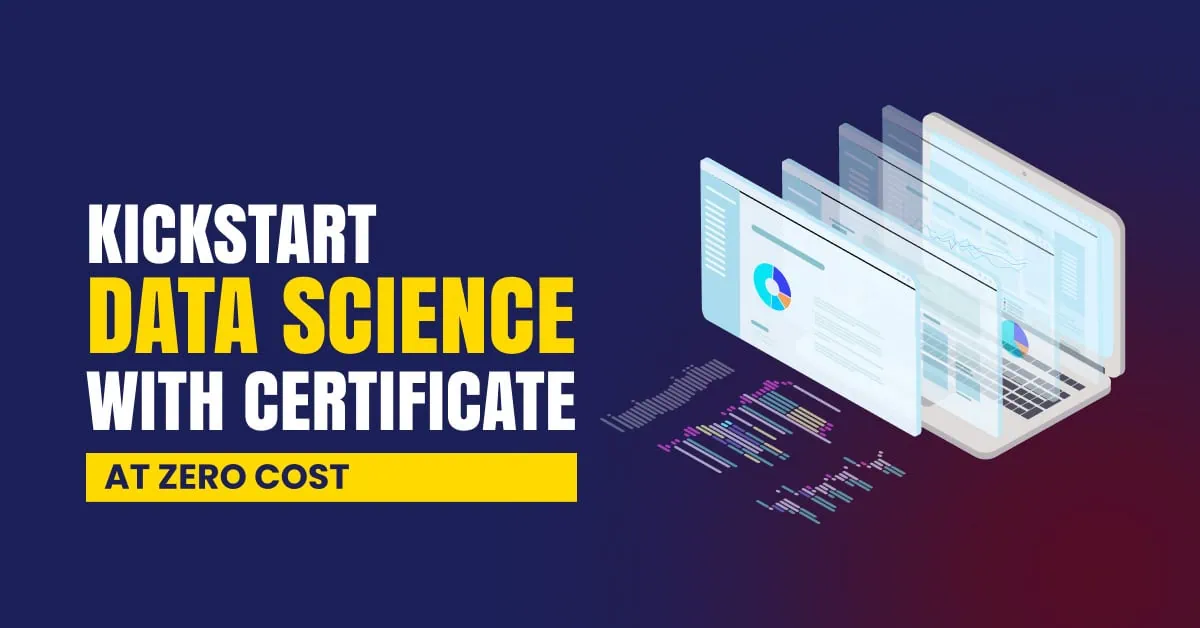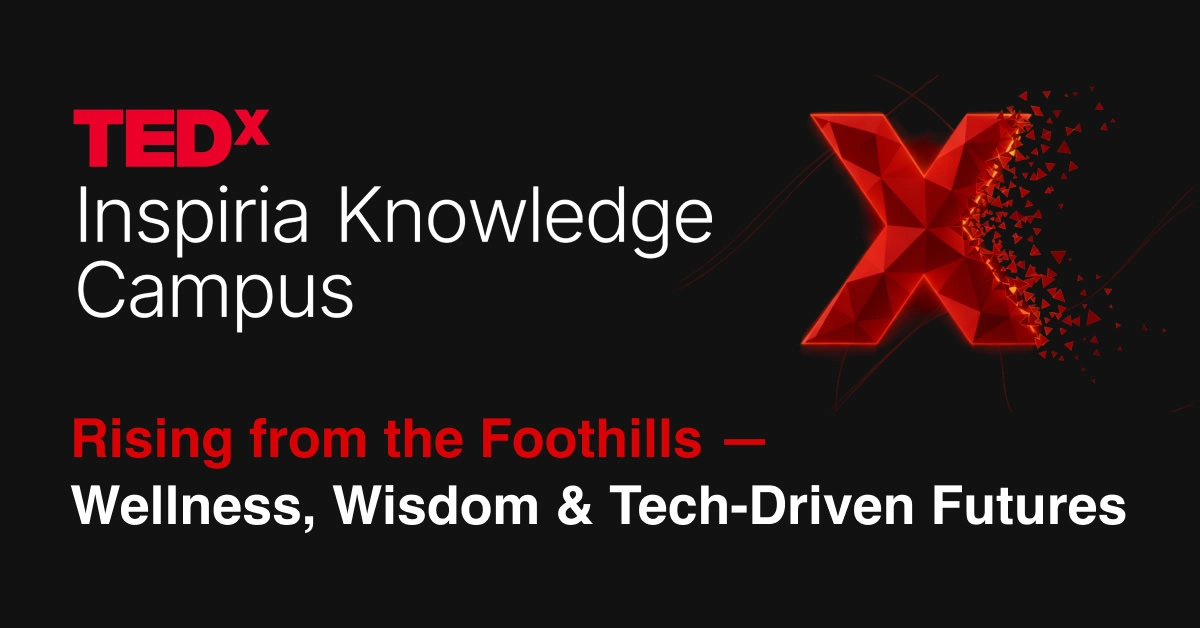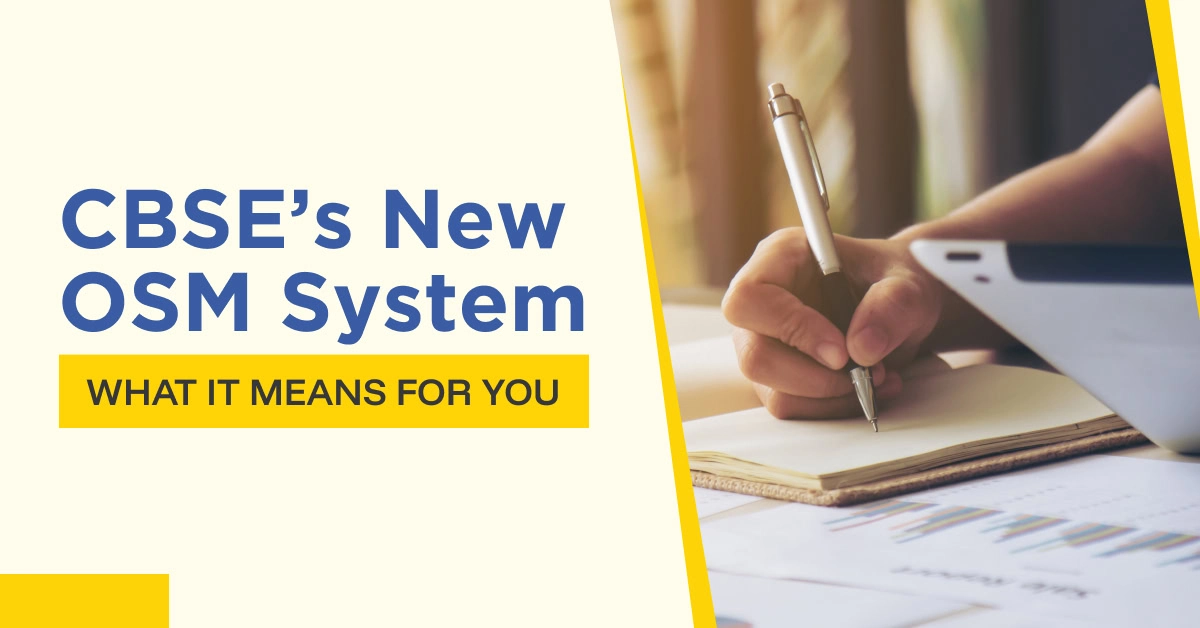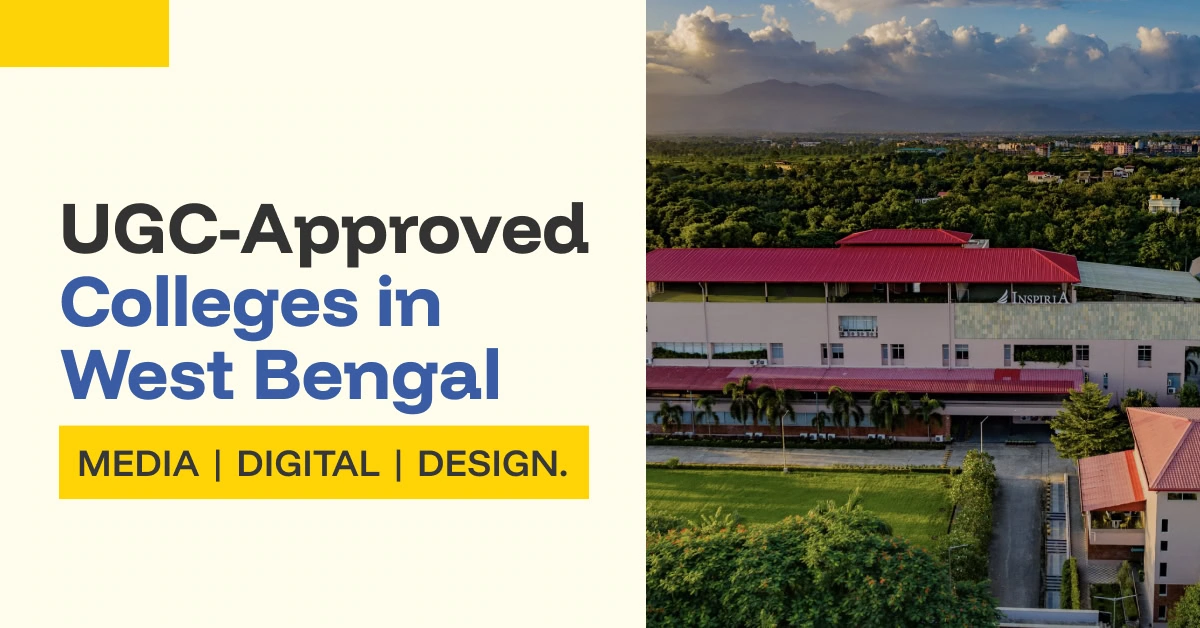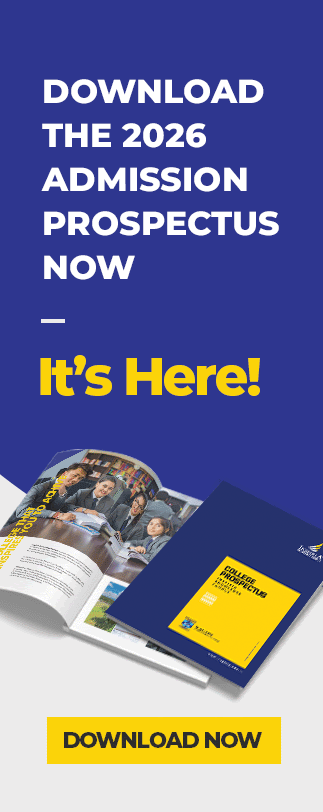Have you ever dreamt of standing ahead of the crowd? Data science is a trending career choice that opens multiple doors of career opportunities. With more students pursuing this field, it’s essential to build a strong foundation early, and that includes earning certifications that set you apart.
These certifications are 100% free, beginner-friendly, and perfect for students with no prior background. This blog is a curated list of top free data science certifications that’ll give you an edge, especially for students who want to start early.
Explore the basics for free—then level up with practical training. Apply to Inspiria’s B.Sc. Data Science course
Why Free Certifications Matter for Your Data Science Career
- Build Skills Early: Explore whether data science excites you before investing in college-level programs.
- Boost Your Resume: Certifications on your CV or LinkedIn show initiative and self-motivation.
- Learn at Your Own Pace: No pressure—these courses are flexible and designed for beginners.
- Stand Out: Even before your first internship, certificates and small projects signal your seriousness to recruiters and admission panels.
Tip: Treat each course as a “trial run” for your career. Explore, experiment, and see which part of data science excites you most.
Recruiters do not worry about how many grades you have scored because they know that having practical, proven experience will be more effective… For people with no experience, you can also add your internship experience or any other project you have worked on in your course or at any other place.” This highlights the importance of a project, extra qualifications, or internship experience, especially early in a career.
Top 10 Free Data Science Certifications for Students (2025 Edition)
Each course includes what it covers, the platform offering it, and why it’s ideal for beginners.
1. IBM Data Science Foundations – Coursera (Audit Free)
If you’re diving into the IBM Data Science Foundations course on Coursera (audit free), a great way to get the most out of it is to apply what you learn right away. Since the course covers everything from data science methodology to Python, data visualization with Matplotlib, and hands-on tools like Jupyter Notebook and Watson Studio, consider replicating one of the small analysis projects taught in the course.
Then, take it a step further by uploading your work to GitHub. This can be your very first portfolio item, a practical showcase of your skills, and a great confidence boost if you’re just starting. It’s a simple but powerful step for total beginners looking to understand the full data science workflow and start building their presence in the field.
2. Google Data Analytics Certificate – Coursera (Audit Free)
The Google Data Analytics Certificate on Coursera (free to audit individual modules) is perfect for students who are new to the field and don’t have a programming background. You’ll learn the foundations of data analytics, how to clean data using spreadsheets and SQL, and how to create clear, compelling data visualizations with Tableau, all while working through real-world business case studies.
A great way to reinforce your learning is by building a sample data dashboard using Google Sheets. Use your school performance data or results from a short survey you conduct, and turn it into a visual story. Then, link that dashboard to your Notion page or include it in your resume to start building your personal analytics portfolio.
3. Python for Data Science – CognitiveClass.ai (by IBM)
The Python for Data Science course on CognitiveClass.ai (by IBM) is a great fit for beginners who want to learn Python in an interactive, hands-on way, completely free and without needing to install anything. You’ll cover the basics like Python syntax, functions, loops, and data structures, and even get into working with APIs and external datasets using browser-based labs. To make the most of your learning, try building a simple project like a weather analyzer using an open API or a student-grade calculator using basic Python logic. Once you’re done, upload your code to GitHub. It’s a great way to showcase your new skills and start building your programming portfolio.
4. Data Science for Beginners – Microsoft Learn
The Data Science for Beginners course on Microsoft Learn is a fantastic choice for visual learners who enjoy step-by-step, interactive lessons. With a 12-lesson structured journey, you’ll explore the foundations of data science, including classification, regression, and clustering, all through interactive notebooks, visuals, and quizzes that make learning feel more like a game than a chore.
A great way to reinforce what you learn is by creating short summaries or mini case studies for each lesson. You can document your takeaways, insights, and any small projects in your Notion workspace or portfolio site. It’s a smart and simple way to track your progress and start building your data science presence.
5. Intro to Data Science – Kaggle Learn
The Intro to Data Science course on Kaggle Learn is perfect for students who prefer short, hands-on learning through interactive notebooks. In this course, you’ll get a solid start with Python and Pandas, work on real-world datasets like Netflix and Titanic, and learn the basics of data cleaning and visualization, all in bite-sized lessons you can do at your own pace.
A great way to make your learning visible is by completing one of the course notebooks and publishing it directly to Kaggle. From there, you can easily link it to your GitHub or portfolio site, giving you a ready-made project to showcase your growing data science skills.
6. Analytics Vidhya – Python for Data Science
The Python for Data Science course by Analytics Vidhya is a great starting point for Indian students who want to learn data science with easy-to-follow lessons and locally relevant examples. You’ll dive into core topics like Python basics, NumPy, Pandas, and Matplotlib, all while working with Indian datasets that make the learning experience more relatable. The course includes assessments and projects to help you apply what you’ve learned. For a practical portfolio boost, try working on the “IPL Stats Project” or the “Indian Budget Analysis”; both are fun and insightful. Once done, upload your project to GitHub to start building your presence as a data science learner.
7. Introduction to Machine Learning – Kaggle Learn
The Introduction to Machine Learning course on Kaggle Learn is ideal for students who’ve already learned some Python and are ready to dip their toes into machine learning. You’ll cover ML fundamentals like Decision Trees, Random Forests, and validation techniques, all through practical, interactive notebooks that walk you through the full predictive modeling pipeline.
To put your new skills into action, try building a simple project like a “student marks predictor” or a “stock movement classifier.” These are great beginner-friendly ideas that let you apply what you’ve learned. Once completed, be sure to share your notebook on GitHub; it’s a smart way to document your journey and show off your first ML projects.
8. Introduction to Data Science Using Python – edX (University of Michigan)
The Introduction to Data Science Using Python course on edX (by the University of Michigan) is a great option if you’re looking for solid, structured content that feels more like a real college class. You’ll learn how to use Python for data analysis, clean and prepare data, and do some basic statistical work using Pandas and NumPy.
To make the most of it, try taking one of the class examples and redoing it with a different dataset, something that interests you personally. Then, write it up in a Jupyter Notebook and share it on GitHub. It’s a simple way to show your learning in action and start building a portfolio you can be proud of.
9. Data Science Math Skills – Coursera (Duke University)
The Data Science Math Skills course on Coursera (by Duke University) is perfect for students coming from commerce or humanities backgrounds who want to ease into the math behind data science. It covers the basics of probability, linear algebra, and statistics with clear, visual explanations that make complex ideas feel approachable.
A great way to show your progress is by writing a short blog post or social media update about your experience, something like “How I Understood Probability from Scratch”. Not only does this help you reinforce your learning, but it also shows others that data science is accessible, no matter your starting point.
10. Intro to Data Science and AI – FutureLearn (Limited Access)
The Intro to Data Science and AI course on FutureLearn is a great pick if you’re just starting and curious about how AI and data science are shaping the world. It breaks down the basics of AI, machine learning, and deep learning, and shows how these technologies are used in real-life areas like healthcare, finance, and media.
You’ll also get to think about the ethical side of using data. After taking the course, try sharing what you learned simply, maybe a quick Instagram carousel or a reflection post about your favorite takeaways or project ideas it inspired. It’s a cool way to make your learning visible and connect with others who are on a similar path.
What Should You Do After Completing These Free Certifications?
Free certifications are a starting point. To turn them into real career value:
- Build Projects:- Apply what you learned to small datasets. For example, analyze your city’s air quality, your school’s results, or sports statistics.
- Document Your Learning:- Use GitHub to host code and Notion/Google Sites to organize project summaries. This becomes your portfolio.
- Create Your Online Presence:-Share each project or learning milestone on LinkedIn. Recruiters notice consistency more than perfection.
- Plan Your Next Step:- After 2–3 certifications + projects, consider a structured program like a B.Sc. in Data Science or similar to gain deeper, career-ready skills.
Learn online, apply on campus. Get real-world guidance with Inspiria’s B.Sc. in Data Science.
Final Thoughts – Learn Smart, Learn Early, Learn Free
Taking even one free course is a fantastic way to get started on your data science journey. Don’t worry if you have no prior experience; what matters most is your curiosity and willingness to learn. These free data science certifications can lay the foundation for a powerful academic and professional future. Once you’ve built that foundation, the next step is to seek expert guidance through a structured, industry-ready college program that can help you turn your skills into a rewarding career. So dive in, stay curious, and keep moving forward!



